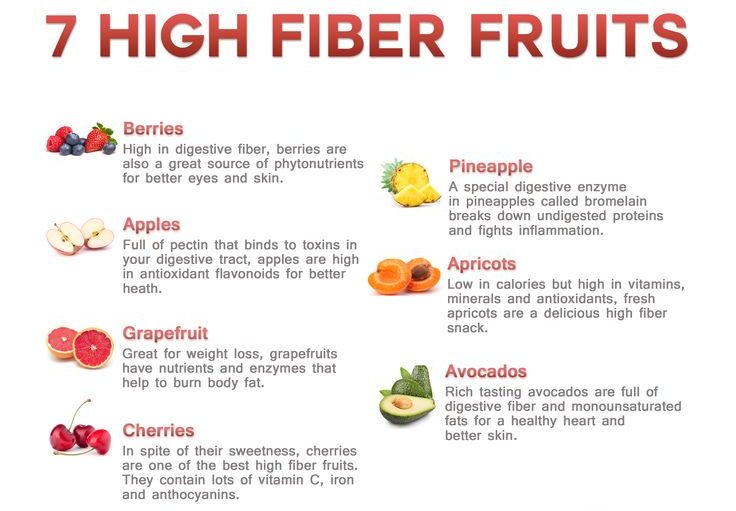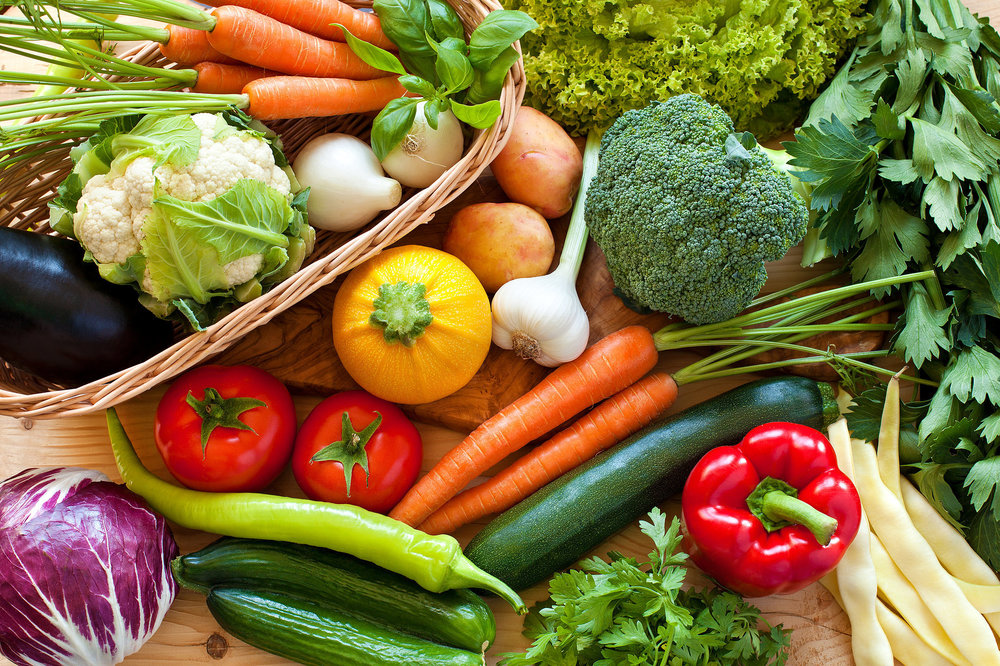You remember the food pyramid growing up, and what took a big chunk of that pyramid? Vegetables. The children of America were made to clean their plate even if they were graced with brussels sprouts or boiled cabbage so that they could grow up to be big and strong.
It’s no news that vegetables are healthy; they are packed with vitamins and minerals and they always have been. However, for those of you who can’t stand the sight, smell and certainly not the taste of vegetables, can you get on without them? Can a no-vegetable diet be sustainable, or even healthy? Let’s break down what we receive from vegetables and if we can find suitable substitutes.
Vitamins & Minerals
Most of us don’t eat vegetables for their taste alone. If ice cream had the same nutritional value as broccoli, do you really think I’d still be eating broccoli? Not a chance.
Vegetables are the most effective way of getting vitamins and minerals into your diet. These vitamins and minerals are essential to help your body function, fight disease, digest food, produce energy everything else. When cutting vegetables out of your diet, you’re cutting out a ton of essential vitamins and minerals.
Luckily, vegetables aren’t the only foods that contain vitamins and minerals. Although in much smaller doses, fruits contain the same vitamins and minerals found in vegetables. This means that you’ll have to eat much more to get the same amount of vitamins.
Eating a lot of fruit can affect your diet, as fruit is high in natural sugars and can pad your carbohydrate intake. If you’re trying to lose weight and you’re cutting out vegetables, you’re going to have to crank up your cardio to burn the extra calories from an increased fruit intake so your body can still function.
Dietary Fiber
Dietary fiber is the magical substance that eases your gastrointestinal tract, promotes healthy digestion and keeps your tummy happy. If your diet is lacking in fiber, you’ll be getting discomfort from a lot of places and in a variety of ways (none of which are to be taken lightly). Without vegetables, your fiber will be down, so how do we make this up?
Whole grains can be a great source of dietary fiber. Whole grain bread, whole grain pasta, whole grain cereal and several other products can make up for the lack in fiber you’ll be receiving due to the absence of vegetables. Whole grains can contain vitamins, such as B12 as well. There are a few fruits that are high in dietary fiber, namely raspberries, blackberries and pears, again, in much smaller doses.
Fats
Fats aren’t much of a case of replacement, but of not over-indulging. Vegetables, you see, are extremely low in fat, which is why they are so popular to dieters. If your diet is lacking in vegetables and your macros, vitamins and minerals are coming from another source, you’ll have to regulate this source to make sure too much fat isn’t coming along with those replacement nutrients.
With that said, also make sure that you are getting enough fat. If you on an extreme diet, fat can be overlooked as a nutrient that is essential to fuel body functions. Healthy fats (unsaturated) serve several functions. Fats (or lipids) are responsible for regulating blood pressure, keeping your cell membranes healthy, regulating insulin and helping to regulate cardiovascular health.
Carbohydrates
Carbohydrates are in the same boat as fats as far as the no-vegetable diet is concerned. Vegetables are generally pretty low-carb, but if you don’t have vegetables in your diet and you are filling those calories with other foods, just keep a close eye to make sure you’re not overloading your body with carbohydrates, or starving it of them.
Carbohydrates are your main source of energy and you need a healthy dose of them, but if you take in too many they’ll be stored as fat, which can be a pain if you’re dieting. Be careful of fruits in this regard, as fruits contain many simple carbohydrates. If you’re loading up on the pears and raspberries to replace your vitamins, minerals and dietary fiber, you could find yourself exceeding your count limit.
We talked about whole grains earlier, and supplementing your vitamins and dietary fiber with them, and they can also be of help regarding carbohydrates. Whole grains contain several complex carbohydrates, which break down slower, causing a more consistent and stable energy source and time-released increase in blood glucose. Again whole grain breads and cereals are great for this.
No Vegetable Diet: Healthy or Unhealthy?
Contrary to popular belief, you can maintain a healthy diet without vegetables, especially if you’re supplementing your diet with a multivitamin supplement. Would I recommend switching your diet to a no-vegetable diet? No.
Vegetables should be included in your diet if at all possible, due to their density of vitamins and minerals. Vegetables are simply better for you than most foods, and cutting them out of your diet will create more work for you in getting the nutrients your body needs.
If you have tried the same few vegetables over and over and can’t stomach them, expand your culinary horizons and try new things. There are thousands of recipes out there that can turn boring vegetables into food that is exciting, nutritious and delicious.
Final Thoughts
Although not recommended, a no-vegetable diet is possible if vegetables are 100% off the menu for you. If you’re cutting out vegetables due to inexperience with cooking vegetables, try out a few recipes before you decide you want those leafy green friends out of your life.
Pay close attention to your macronutrient values and make sure that you are getting an adequate amount of all of the vitamins and minerals contained in vegetables without jacking the calorie count up too high. If you’re going to cut vegetables out, another recommendation is to take a multi-vitamin supplement. These supplements won’t give you everything you need, but they can fill the gap and ease the transition. Good luck!

